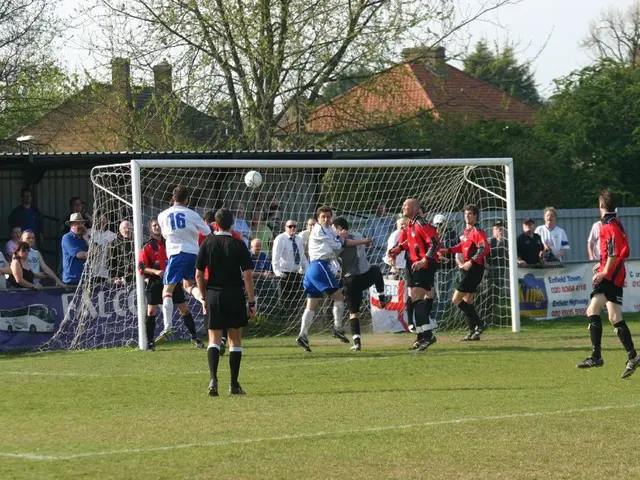Parliament edges towards potential historic legal expulsion of Justice Varma in Lok Sabha investigation
The Lok Sabha is currently conducting a high-profile probe into Justice Yashwant Varma following serious allegations involving burnt cash discovered at his residence [1][2][4]. This investigation, initiated on August 12, 2025, is being led by a three-member committee [1][2][4][5].
The panel, comprising Justice Aravind Kumar (Supreme Court), Justice Manindra Mohan Shrivastava (Chief Justice of Madras High Court), and senior advocate B.V. Acharya (Karnataka High Court), has been tasked with examining the allegations and submitting a report as soon as possible [1][2][4][5]. This probe follows an impeachment motion accepted by Lok Sabha Speaker Om Birla, signed by 146 Members of Parliament from both ruling and opposition parties [1][2][4].
Justice Varma is being investigated under Articles 124, 217, and 218 of the Indian Constitution, which govern the appointment, conduct, and removal of judges [1][2][4]. The accusations stem from burnt currency notes recovered after a fire at his official residence in Delhi in March 2025, when he was a judge at the Delhi High Court (he is currently posted at the Allahabad High Court) [2][3].
The impeachment process has broad parliamentary support across party lines, indicating a rare consensus on addressing alleged judicial misconduct [1][2][4]. If Justice Varma is removed, he would be the first High Court judge in independent India to be impeached and removed from office, marking a historic precedent in judicial accountability [1].
The probe signals strengthened parliamentary oversight over judicial conduct, potentially enhancing public trust in the judiciary by demonstrating that judges are not beyond scrutiny [1][4]. However, it also raises complex issues about the independence of the judiciary, as impeachment is a rare and politically sensitive measure that must balance judicial autonomy with accountability [5].
The outcome of this probe could have landmark consequences for judicial accountability and governance in India. If the impeachment succeeds, it may embolden Parliament to pursue similar action in future cases, potentially altering the balance of accountability mechanisms in the country's constitutional framework [6].
Moreover, the Lok Sabha probe could lead to Justice Varma's removal under Articles 124, 217, and 218 of the Constitution, a process seldom invoked in India's democratic history [7]. The episode could reignite debate over creating an independent national judicial oversight body with statutory powers [8].
For many citizens, the image of burnt currency inside a judge's home is a stark symbol of betrayal of trust. The Lok Sabha probe on Justice Yashwant Varma is a high-profile judicial investigation in India's recent history, and the parliamentary panel has up to six months to submit its findings to the Speaker [9].
References:
- Indian Express
- The Hindu
- Live Law
- Bar and Bench
- Business Standard
- The Wire
- The Print
- The Quint
- NDTV
- The high-profile probe by the Lok Sabha into Justice Yashwant Varma's actions, amid allegations of misconduct and crime, is evidence of increased policy-and-legislation and politics involvement in war-and-conflicts and crime-and-justice matters.
- The ongoing inquiry into Justice Varma, led by a panel consisting of esteemed legal figures, and its potential impact on policy-and-legislation and justice systems, underscores the importance of general-news coverage in informing the public about critical developments within the political landscape.








